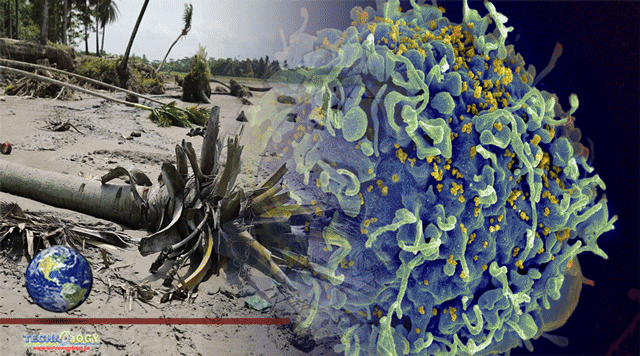The study highlights two global crises – climate change and new infectious diseases spread – as the world grapples with what to do about both.

Climate change will result in the spread of thousands of new viruses among animal species by 2070, and that’s likely to increase the risk of emerging infectious diseases jumping from animals to humans, according to a new study.
Researchers, who published their findings Thursday in the journal Nature, used a model to examine how over 3,000 mammal species might migrate and share viruses over the next 50 years if the world warms by 2 degrees Celsius, which recent research shows is possible.
They found that cross-species virus spread will happen over 4,000 times among mammals alone. Birds and marine animals weren’t included in the study.
Researchers said not all viruses will spread to humans or become pandemics like the coronavirus but the number of cross-species viruses increases the risk of spread to humans.
The study highlights two global crises – climate change and new infectious diseases spread – as the world grapples with what to do about both.
A previous research looked at how deforestation and extinction coupled with wildlife trade led to animal-human disease spread, but there are fewer researches on how climate change could influence this type of disease transmission, the researchers said at a media briefing Wednesday.
“We don’t talk about climate a lot in the context of zoonoses” – diseases that can spread from animals to people, said study co-author Colin Carlson, an assistant professor of biology at Georgetown University. “Our study … brings together the two most pressing global crises we have.”
This news was originally published by CGTN.